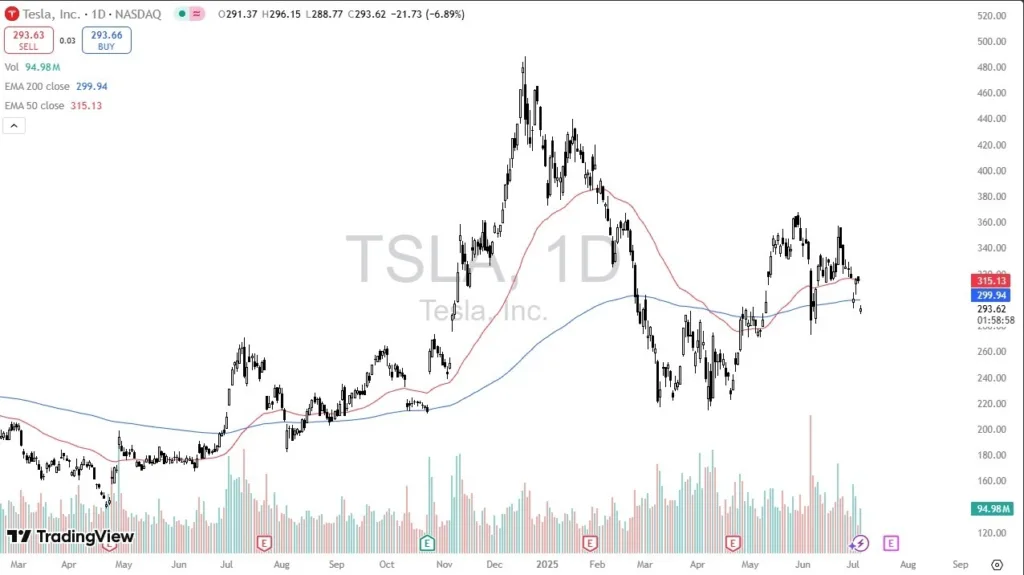Good morning. Donald Trump has extended his deadline for reciprocal tariffs on trading partners from tomorrow to August 1. India’s commerce minister Piyush Goyal has been busy managing expectations these past few days, saying a deal should not be made under pressure at the expense of national interests. It is clear that the two countries are still struggling to agree on agricultural products. After our previous update on the deal, many of you wrote to me that India is right to protect its agriculture sector from a glut of American products.
With this three-week reprieve, what happens next? President Trump said late yesterday that the US is close to agreeing a trade deal with India, but he had earlier also threatened to add 10 per cent duties on countries that embrace the “anti-American policies” of the Brics bloc. We may know more in the course of this week, but to be honest, I am not sure things will get significantly clearer. Even if an interim “mini deal” is struck, it will not have many details. We will just be replacing one kind of ambiguity with another.
What do you think will happen on US-India trade? Let me know.
Jane Street churns Dalal Street
India’s markets regulator is expanding a probe into global trading firms after barring Jane Street from bourses last week. The US securities trading company was also slapped with an impounding order of Rs48bn ($550mn) for allegedly manipulating the Nifty banking sector index. Officials at the Securities and Exchange Board of India say they are now looking at other global traders active in Indian derivatives while also investigating Jane Street’s trades in other Indian indices.
In its order published last Thursday, Sebi accused Jane Street of indulging in a practice popularly known as “pump and dump”, in which contrasting positions were taken in the cash and derivative segments. The regulator said the company then manipulated prices in one trade to make profits in the other. (My colleagues at FT Alphaville had some fun laying out the exact modus operandi). Jane Street has disputed Sebi’s findings and has 21 days to respond.
Sebi’s order raises some troubling questions, chief among them why it took so long for the regulator to take action on Jane Street. The regulator has admitted it was alerted as early as April last year to possible market manipulation, through news reports of a legal dispute between the company and its rival Millennium Capital. In January, Ananth Narayan G, the Sebi member who wrote last week’s interim order, said there were “fears” about “potential for manipulation by some large players across the cash and derivative segments”, a clear description of what the regulator now alleges Jane Street was up to. And between last April and now, there have been several whistleblowers and media reports about Jane Street’s alleged activities. While Sebi did tighten rules for retail participation in derivatives in November, why did it take regulators 14 months to take more decisive action? I contacted the regulator but they have not responded to my query.
The other, perhaps more pressing concern, is what Jane Street’s alleged actions say about the depth of the Indian market. If the accusations are true, this would mean it took just one well-funded trading operation to manipulate prices on a key index that included some heavyweight banking stocks. Sebi’s report says that on some option expiry days, Jane Street accounted for more than 25 per cent of trading volumes. It also claims the brokerage created circular trades between itself and its India-registered entities, violating restrictions placed on foreign investment firms. The company was warned by the national stock exchange in February against some of its practices, and yet nothing changed, according to Sebi.
The increase in retail participation in India’s stock markets has often been framed by market participants and regulators as a matter of pride for the country. But the Jane Street saga has laid bare the structural problems in the market. Sebi should have investigated Jane Street sooner and quicker. Its focus should have been on creating a level playing field by making sure that all operations are above board and not by denying access to retail investors.
Do you think Sebi should scrutinise quant traders more closely? Hit reply or email me at indiabrief@ft.com
Recommended stories
-
Iran’s president said Israel tried to assassinate him during last month’s 12-day war.
-
Tesla shares sank after Elon Musk said he would form a new political party.
-
Retail investors reaped big gains from “buying the dip” in US stocks.
-
Benjamin Netanyahu and Donald Trump plan to discuss a new Gaza deal.
-
Hong Kong IPO pipeline hits record high as equity market booms.
-
The rising phenomenon of “boomerang bankers”, who quit only to come back.
Jio BlackRock hits market

Jio BlackRock, a 50:50 joint venture between Ambani-owned Reliance and one of the world’s largest fund managers, has kicked off operations in India. The company launched its first set of three mutual funds last week, and people with knowledge of the matter tell me a stockbroking venture could soon be announced after regulators recently approved the move. Jio BlackRock yesterday said it had already managed to raise Rs178bn ($2.1bn) from 67,000 individuals and 90 institutional investors during its three-day new fund offer.
The joint venture is expected to shake up the financial services sector by taking a leaf from Reliance’s successful playbook in the telecoms sector: luring the Indian mass market through very low prices. In fact, the three mutual funds have been launched with zero brokerage, zero commission and zero expense ratio. Indian mutual funds usually charge anything from 0.5-2.5 per cent, depending on the asset management company and the nature of the fund.
A fund house that offers its services virtually for free is a very attractive proposition for the value-conscious Indian investor, at least initially. If the asset management business becomes sizeable — and Reliance’s businesses often do — it has the potential to change the nature of the entire financial services industry, which is currently largely made up of local brokers churning portfolios in order to earn higher brokerages. This will also affect operating revenues of Indian banks and portfolio managers, who earn substantial fees from selling mutual fund investments.
The stockbroking business will be an interesting one to watch. Currently, the cost-effective popular proposition is Zerodha, which prides itself on being an easy-to-use digital trading tool. With charges between zero and Rs20 a trade, the platform shook up the stock broking business when it was launched in 2010, forcing an industry-wide drop in brokerage costs. The room for a further drop in price is thin but with Reliance’s backing, Jio BlackRock will probably be able to offer similar rates to all customers, and not just savvy digital natives.
With these launches, Ambani rounds off his foray into the financial services industry. Jio Financial services already has a lending arm, a payments bank and insurance broking business. While none of these businesses are market leaders, they have posted robust growth in the past two years. It will take a couple of years for the investment businesses to compete on the basis of returns generated. But Reliance can afford to play the long game. Whether they succeed or not, they will certainly alter the business landscape with their ability to sustain a lower-than-market cost proposition for an extended period of time.
Go figure
Himachal Pradesh is facing the full fury of the monsoons, with cloudbursts, flash floods and landslides claiming several lives. Here’s the extent of the devastation.
My mantra
“Clarity of purpose is essential. It sharpens focus, ensuring that every decision — whether for the group, a business, or a single day — is aligned with the larger vision. In a world filled with constant distractions, this clarity acts as a filter, allowing me to prioritise what truly matters and drive meaningful progress.”
Anish Shah, group chief executive, Mahindra

Each week, we invite a successful business leader to tell us their mantra for work and life. Want to know what your boss is thinking? Nominate them by replying to indiabrief@ft.com
Quick question
Did you hear about Soham Parikh, an Indian software engineer who was discovered to have been working for several companies at once? (His legend seems to be growing; one report I saw said he worked 34 jobs!) Do you think moonlighting is OK? Tell us here.
Buzzer round
On Friday, we asked: For which job will a search committee identify candidates by interpreting visions and signs, including the direction in which the predecessor in that role was looking when he died?
The answer is . . . the position of the Dalai Lama.
Agasthya Vivek was the first to write in with the correct answer, followed by Ram Teja, Yaman Singhania, Aniruddha Dutta and Anjaneya Das.
Congratulations!
Another week of great responses for Buzzer Round. Thank you all for participating!
Thank you for reading. India Business Briefing is edited by Tee Zhuo. Please send feedback, suggestions (and gossip) to indiabrief@ft.com.





![Boosted by RBA Hike Pass [year]](https://koala-by.com/wp-content/uploads/2025/07/audusd_08072025-1024x660.webp)
